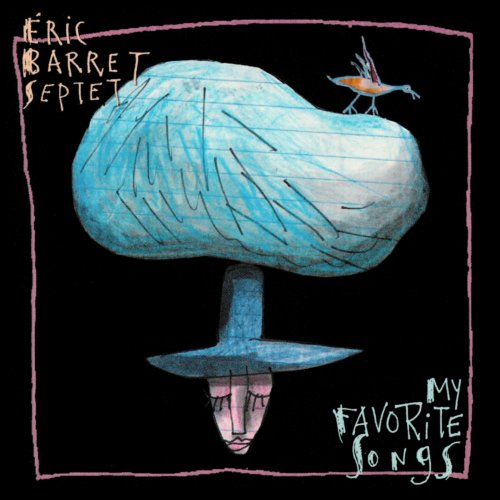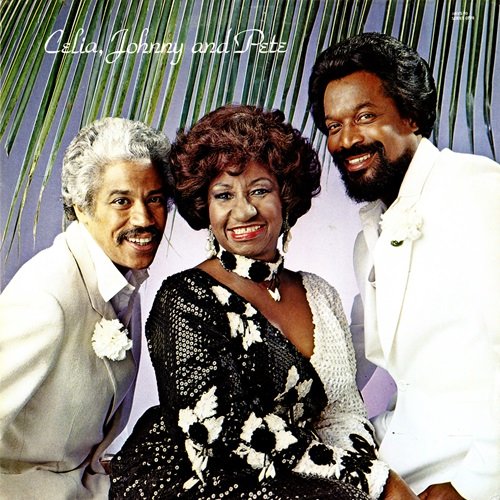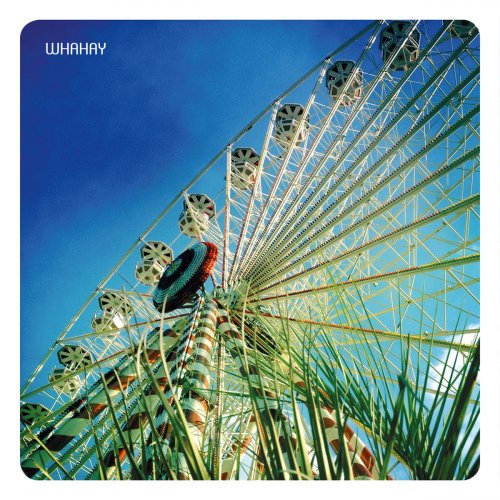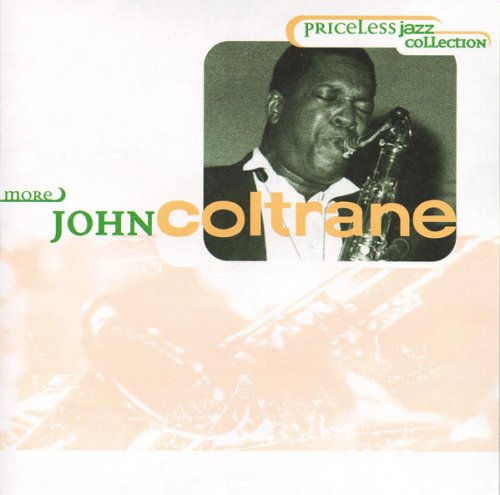Kay Rhie, Aperture Duo, Leela Subramaniam, Winsor Music - Cereus (2025) [Hi-Res]
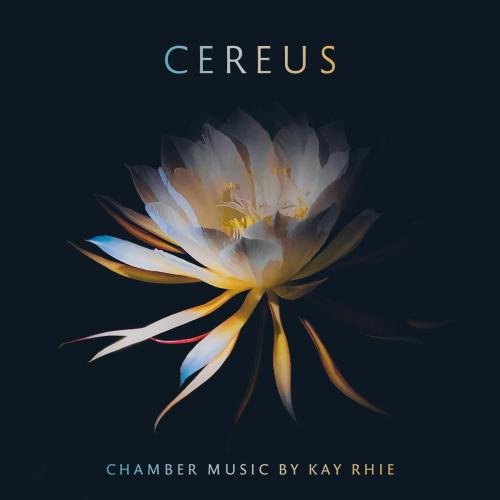
Artist: Kay Rhie, Aperture Duo, Leela Subramaniam, Winsor Music
Title: Cereus
Year Of Release: 2025
Label: New Focus Recordings
Genre: Classical
Quality: flac lossless (tracks) / flac 24bits - 96.0kHz +Booklet
Total Time: 00:51:29
Total Size: / 927 mb
WebSite: Album Preview
TracklistTitle: Cereus
Year Of Release: 2025
Label: New Focus Recordings
Genre: Classical
Quality: flac lossless (tracks) / flac 24bits - 96.0kHz +Booklet
Total Time: 00:51:29
Total Size: / 927 mb
WebSite: Album Preview
01. Rhie Cereus
02. Rhie I Hear the Sound of Trees No. 1, After the Dazzle of the Day
03. Rhie I Hear the Sound of Trees No. 2, Reflective
04. Rhie I Hear the Sound of Trees No. 3, Cascadilla Falls
05. Rhie I Hear the Sound of Trees No. 4, Perfections
06. Rhie I Hear the Sound of Trees No. 5, Love Song
07. Rhie ...in the dreams of another... I. After You
08. Rhie ...in the dreams of another... II. Circular
09. Rhie ...in the dreams of another... III. ...in the dreams of another...
10. Rhie ...in the dreams of another... IV. Game
11. Rhie ...in the dreams of another... V. If I Don't See You, I Feel You
12. Rhie Suite from Quake I. Introduction, and Otis Builds a World
13. Rhie Suite from Quake II. I Soon Learned Men’s False Ways
14. Rhie Suite from Quake III. You’re Caught in Angeleno Fantasy
15. Rhie Suite from Quake IV. The City Sings in Silhouette
Composer Kay Rhie releases Cereus, a portrait album of chamber works, two including voice, featuring soprano Leela Subramaniam, Winsor Music and the Aperture Duo. Rhie's music draws on her experience as a South Korean born artist living in Los Angeles, responding to the lived environment in outward ways through text setting and thematic context, as well as inward impacts on her compositional process.
Kay Rhie’s compositions pay special attention to musical behaviors, curating the interaction between instruments, phrase length, motivic contour, and other salient characteristics to reinforce larger aesthetic goals in her music. In this collection of chamber music with and without voice, Rhie’s decisions surrounding process and how the musical material develops are often embodiments of something essential to the expression of the piece itself. As a listener, one senses this cohesion in her music between micro detail and macro intention is something one senses as a listener even before investigating the nature of their link. This integration of local and large scale elements never obscures Rhie’s engaging material on a moment to moment level, and she cultivates this fine balance between compositional design and instinct expertly throughout the works on this recording.
Cereus (Night Blooms), performed by the Winsor Trio, is dedicated to her late father, In-young Rhie, who was an active writer in his native South Korea in the 60s through 80s before immigrating to the United States. In the last months of his life, Kay Rhie ruminated about how this creative part of her father’s life had been dormant since the family’s move, and fashioned the musical content of the piece around the idea of a flower that blossoms only at night, despite resistance. Disjunct, imitative gestures in the instruments of the trio that are separated by silence at the opening of the piece gradually become more extended, as arrivals in one line connect with sustained pitches in another, skittering lines coalesce and diverge, and fragments flower into fully formed phrases. The last several minutes of the piece diffuse its charged energy into a series of contemplative, peaceful exhalations.
The five part song cycle I Hear the Sound of Trees for voice, alto saxophone, and piano, sets a collection of poems by by Walt Whitman and A.R. Ammons that celebrate nature’s power to reconnect us with our inner quietude. The first three songs of the set travel through the smooth urbanity of “After the dazzle of the day” (Whitman), the wry humor of “Reflective” (Ammons), and the cascading, word-painted narrative of “Cascadilla Falls” (Ammons). In “Perfections (Whitman), Leela Subramaniam's crystalline soprano covers wide leaps over the irregular percolation of oscillating figures in keyboard and saxophone. “Love Song” (Ammons) is the most introspective song in the set, capturing the beguiling mystery of nature’s enveloping embrace with ethereal vocal lines over gentle accompaniment.
…in the dreams of another… for violin and viola, performed by the Aperture Duo, grew from Rhie’s observations about interactions over Zoom. Inadvertent interruptions, clumsy apologies, and quick stops and starts abound on online communication platforms, especially early in the pandemic when many people were acclimating themselves to that format for the first time. The piece’s five movements each examine a different kind of dialogue between the two instruments: the motivic imitation of “After You,” the rounded contours in “Circular,” the jump-cut contrasts of dynamic, expression, and timbre of “Game,” and the truncated gestures of “If I don’t see you, I feel you.” The title movement is the emotional center of the work, scored for viola alone playing a mournful melody, revealing the alienation that lies beneath our awkward efforts at connection.
The final piece on the recording involves its largest instrumentation; scored for soprano, flute, clarinet, violin, cello, and piano, the four movement Suite from Quake is compiled from material from Rhie’s operatic homage to her adopted home city of Los Angeles, Quake. Rhie magnifies the sextet to occupy an orchestral sonic footprint, drawing out vibrant colors and creating layers of activity that suggest section playing even though the performers are playing one to a part. It is also a treat to hear Rhie’s musical voice in a more lush, dramatic frame as she leans into supporting the theatrical narrative, sometimes highlighting the stage action (conjured in the listener’s imagination on this recording) with emphasized musical events in the voice and ensemble.

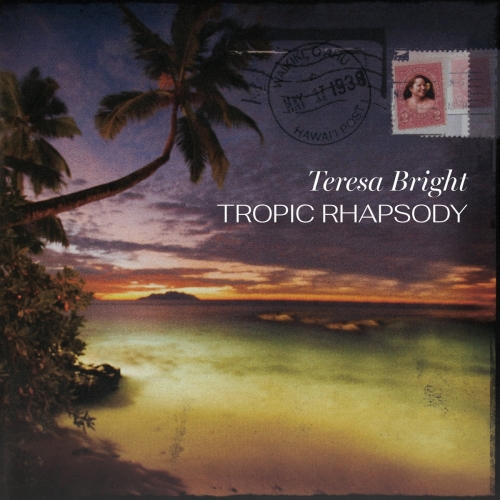
![Reggie Watts - Reggie Sings: Your Favorite Christmas Classics, Volume 2 (2025) [Hi-Res] Reggie Watts - Reggie Sings: Your Favorite Christmas Classics, Volume 2 (2025) [Hi-Res]](https://img.israbox.com/img/2025-12/21/cn1c8l2hi7zp9j05a5u7nw49g.jpg)
